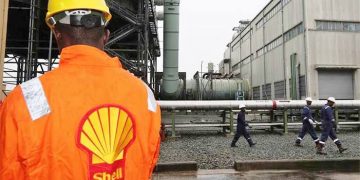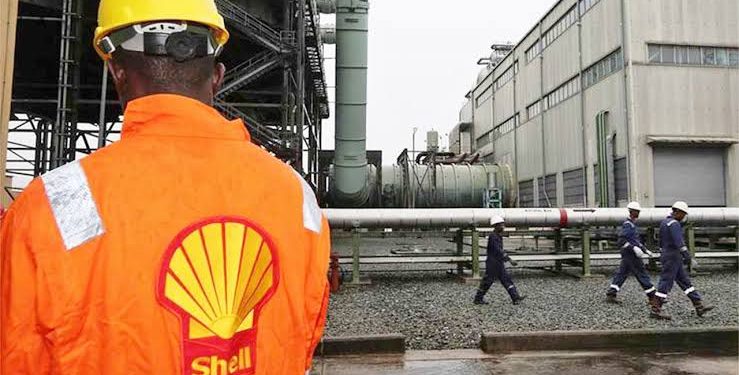By John Ikani
Nigeria has blocked Shell’s $1.3 billion deal to sell its onshore oil production assets, disrupting the company’s plan to withdraw from the Niger Delta’s shallow water sector.
The Nigerian Upstream Petroleum Regulatory Commission’s (NUPRC) chief, Gbenga Komolafe, revealed at an oil conference in Abuja that the sale to Renaissance Africa Energy, a local consortium, was halted due to unmet regulatory conditions.
While specific details were not provided, Komolafe had previously expressed doubts about Renaissance’s ability to handle Shell’s operations in Nigeria.
The rejection contrasts sharply with the approval of ExxonMobil’s $1.28 billion sale of its onshore assets to Seplat Energy, a London-listed company. After facing significant delays, the deal finally received the necessary approval, illustrating the challenging regulatory environment for investors in Nigeria.
Komolafe confirmed that ministerial consent had been granted for the Exxon-Seplat deal, removing one of the final barriers. Seplat acknowledged the development but did not provide further comment.
Earlier this year, Shell announced plans to sell its onshore assets in the Niger Delta, marking the end of its nearly seven-decade presence in the region.
However, the sale needed approval from Nigeria’s oil minister, a position held by President Bola Tinubu, advised by the NUPRC. The decision to block the sale is part of a wider regulatory maze that has made such transactions difficult in the country.
Several international oil companies, including Eni of Italy, Norway’s Equinor, and China’s Addax, have similarly sought to divest their onshore assets in Nigeria over the past few years.
They cited issues such as oil theft, security concerns, and environmental damage as key reasons for their exits, with many turning their focus to more profitable offshore fields. These fields have become a magnet for global oil players seeking to avoid the complications associated with the Niger Delta.
ExxonMobil’s deal with Seplat, first struck in February 2022, was expected to significantly increase Seplat’s production capacity, boosting its daily crude output from 48,000 barrels to about 130,000 barrels. However, the deal faced multiple obstacles, including opposition from Nigeria’s state-owned oil company, NNPC, which claimed it had the legal right of first refusal.
NNPC holds joint operational rights for onshore oil permits with international companies, in line with Nigerian law. Although then-President Muhammadu Buhari initially approved the deal in August 2022, he reversed his decision three days later, citing the need for further regulatory checks.
Despite these setbacks, other companies have successfully exited their onshore operations in Nigeria. In August, Eni sold its Nigerian unit to Oando for $783 million, and in November, Equinor transferred its operations to local firm Chappal Energies. Chappal also acquired a minority stake in Total’s onshore venture earlier this year for $860 million.
Clementine Wallop, director for sub-Saharan Africa at consultancy Horizon Engage, described the Exxon-Seplat approval as “a positive signal for Nigeria and energy investors,” suggesting a possible path towards more stability in the industry after a period of regulatory uncertainty.




































